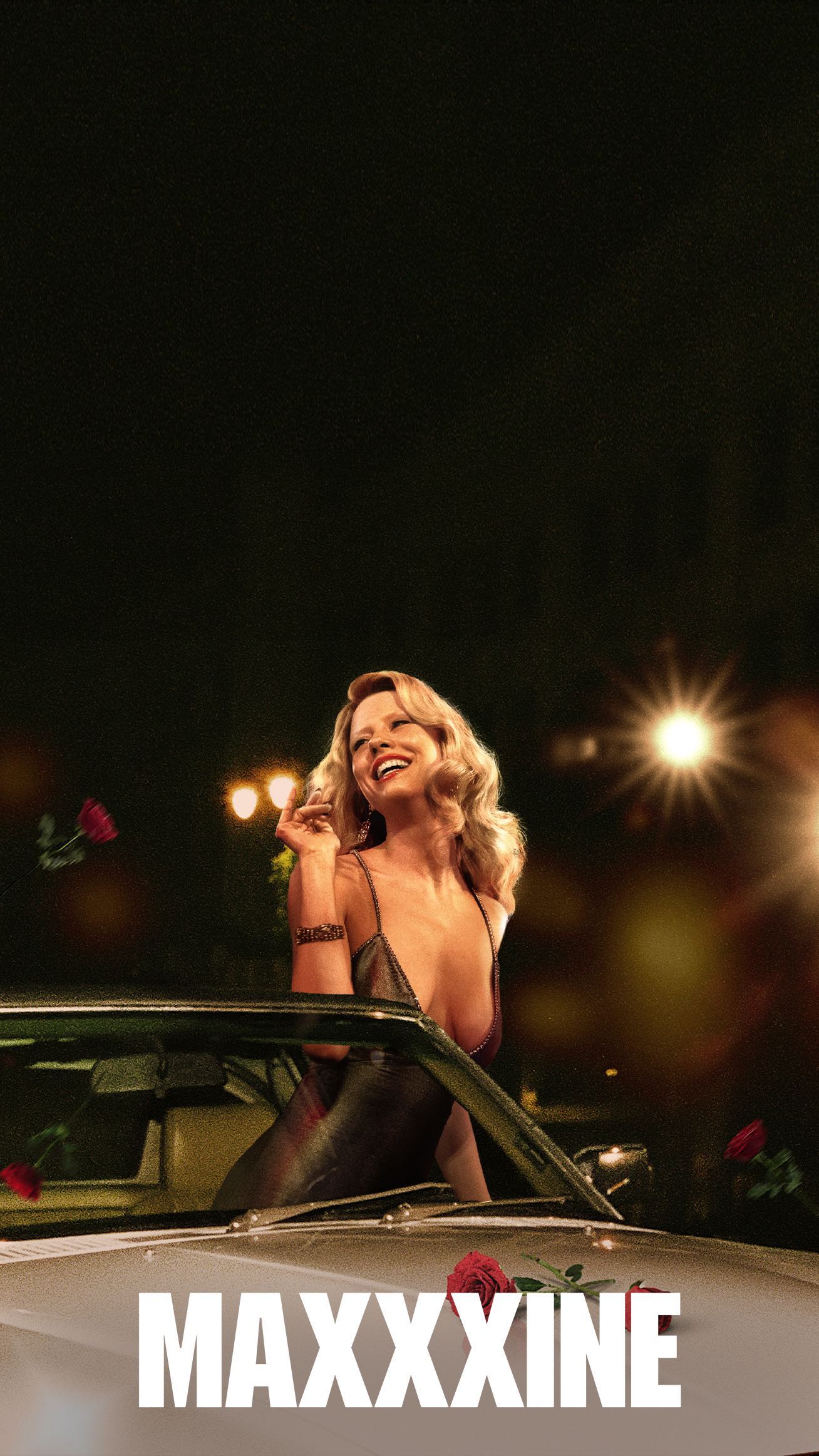
Film Critic Anastasia Antoniou finds MaXXXine to be an underwhelming end to Ti West’s trilogy
Trigger Warning: murder, horror, mature substances, trauma
MaXXXine concludes Ti West’s ’80s trilogy, which began with X and continued with Pearl.
X introduced us to Maxine Minx (Mia Goth) as a rising adult film star embroiled in a bloody conflict with two elderly murderers on a remote Texas farm. Pearl, a prequel, explores the backstory of the enigmatic elderly antagonist Pearl (also portrayed by Mia Goth), delving into her traumatic past and ambitions.
In MaXXXine, the film’s stylistic dedication to ’80s Hollywood and its vibrant soundtrack are undeniably visually stunning. However, this nostalgic presentation often feels like a superficial homage rather than a meaningful narrative exploration. The film’s commitment to era-specific aesthetics overshadows its storytelling, leaving it struggling to resonate as deeply as its predecessors.
“The film often seems like a superficial homage rather than a meaningful narrative exploration
Mia Goth’s portrayal of Maxine remains compelling, yet the character of Maxine is bafflingly underdeveloped. For a film titled MaXXXine, its puzzling how absent Maxine feels as a character. It’s as if the script was crafted by someone who only heard a summary of the previous films rather than truly engaging with them. While her basic character traits are present, there isn’t a single memorable decision that Maxine makes throughout the movie.
She mostly drifts through scenes, reacting to events rather than actively shaping them. Maxine doesn’t seem fully integrated into the world around her, and her connections with other characters lack depth, making her responses to key moments feel hollow and unconvincing, as if she exists more as a vessel for the plot than a fully realized individual. The scene with Kevin Bacon’s character (John Labat), which delves briefly into Maxine’s past, is one of the rare moments where she feels more fleshed out. Yet this is a fleeting glimpse into her complexity, rather than a consistent aspect of her character throughout the film.
Mia Goth is undoubtedly a talented actress, as evidenced by her performances in previous films, and her potential shines through even in this flawed portrayal. The issue lies not with Goth’s abilities but with how the character of Maxine is written. The script does not give her the space to fully exhibit the depth and nuance that Goth is capable of, which is a missed opportunity for both the actress and the character.
The Plot: Too Much of Everything, Leading Nowhere
In terms of plot, MaXXXine suffers from an overabundance of characters and famous faces who ultimately contribute little to the film’s narrative. The movie introduces a slew of new characters, many played by well-known actors, but most of them serve no real purpose. Unlike the previous films, where every character had a role that pushed the story forward, here, they feel like distractions—filler content that doesn’t lead anywhere meaningful. This is perhaps the film’s biggest flaw: it’s filled with too much of everything, yet all of it leads practically nowhere. For instance, the subplot involving the Night Stalker—influenced by real-life serial killer Richard Ramirez from the 1980s—feels like a huge missed opportunity. The film teases the Night Stalker as a significant threat, but this never comes to fruition.
This misleading setup is symptomatic of the broader issues in MaXXXine: the story leads the audience on without delivering any real payoff.
“The story leads the audience on without delivering any real payoff.
The movie unsuccessfully attempts to explore themes related to the cost of fame, identity, and the blurring of lines between personal ambition and moral compromise. But it loses focus repeatedly, as if unsure of its own narrative direction. Maxine’s journey through Hollywood’s ruthless landscape could have been a powerful exploration of how fame corrupts, but instead, it becomes a muddled and superficial commentary that doesn’t offer any fresh perspectives. Even the twist has an climactic reveal—lacking the emotional impact it should have had. The tension that was carefully built up in X dissipates in MaXXXine, leaving the finale feeling rushed and unsatisfying.
Verdict
In conclusion, MaXXXine is a visually captivating but narratively flawed close to Ti West’s trilogy. Again, the film’s aesthetics and horror tropes is commendable, yet it underscores a significant challenge: how to marry stylistic homage with deep, engaging storytelling. As a finale to a trilogy that began with such promise, it serves as a reminder that while style can captivate, it cannot substitute for fundamental character development and narrative depth.
The movie’s attempt to juggle too many ideas, characters, and themes results in a convoluted mess that ultimately disappoints. MaXXXine had the potential to be a brilliant exploration of the dark side of fame, but it misses the mark, turning what could have been a chilling and profound finale into an underwhelming spectacle of wasted potential.
P.S: More Halsey screen time was needed.
Rating: 4/10
Enjoyed reading this article? Check out these articles from Redbrick Film:

Comments